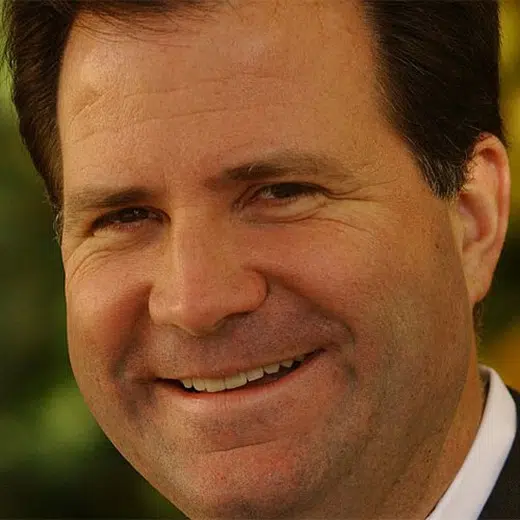By Alexander Tanas
CHISINAU (Reuters) – Moldova’s spy chief warned on Monday of a “very high” risk of a new Russian offensive towards his country’s east next year and said Moscow still aimed to secure a land corridor through Ukraine to the breakaway Moldovan region of Transdniestria.
The comments by Alexandru Musteata, head of the Information and Security Service, echo recent messages out of Ukraine where top army generals have warned in recent days of the threat of a major new Russian offensive early next year.
“The question is not whether the Russian Federation will undertake a new advance towards Moldova’s territory, but when it will do so,” Musteata told the TVR-Moldova television channel.
He said his agency believed Russia was looking at several scenarios to reach Moldova and that it was possible an offensive would be launched in January-February or later in March-April.
The Information and Security Service said in a statement that it expected Russian offensive action would depend on the course of its Feb. 24 invasion of Ukraine.
Russia’s Defence Ministry did not immediately reply to a written Reuters request for comment.
The Kremlin’s invasion of Ukraine has suffered a slew of setbacks, most recently in the south where its troops were forced to retreat from the western bank of the Dnipro River in a big win for Kyiv last month.
To Ukraine’s west, fellow ex-Soviet republic Moldova has a tiny defence budget and has long had Russian troops and peacekeepers based in Transdniestria, a breakaway statelet that has survived for three decades with support from Moscow.
Musteata said Russia wanted its forces to link up with those forces in Transdniestria.
Ukrainian General Valery Zaluzhniy told The Economist last week Russia was preparing 200,000 fresh troops for a major offensive that could come from the east, south or even from Belarus to the north as early as January, but more likely in spring.
Moldova, now seeking closer ties with the West like Ukraine, has condemned the Russian invasion of its larger neighbour.
(Writing by Tom Balmforth; editing by Mark Heinrich)






